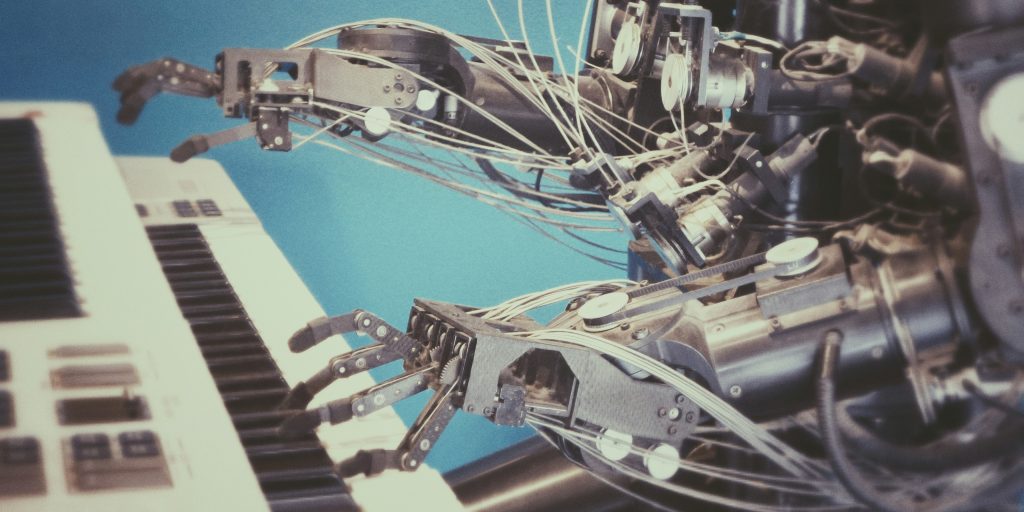
Autoimmune diseases — such as rheumatoid arthritis, lupus, multiple sclerosis and type 1 diabetes — are notoriously challenging to detect early. Symptoms frequently overlap, evolve gradually and vary from patient to patient, delaying treatment and impairing quality of life. But now, Artificial Intelligence (AI) is solving that.
🩺 AI and Early Detection
AI tools can mine vast amounts of patient data — lab results, genetic readings, medical histories, even descriptions of symptoms — to find subtle patterns that escape the human eye. Real world datasets are now being used to train machine learning algorithms to help define biomarkers and early warning signs of autoimmune disorders, even before symptoms manifest.
For example, AI-enabled blood tests and imaging tools can now raise an alert about abnormalities related to an autoimmune response. Natural Language Processing (NLP) is used to already sort through electronic health records (EHRs) to discover undiagnosed cases by finding symptom patterns across time.
📊 AI for monitoring and managing disease
After diagnosis, AI tools are critical for monitoring disease progression. Wearable devices and mobile health apps gather real-time data on patients, such as levels of joint pain, sleep quality, mobility and inflammation markers. AI models are then applied to analyze these patterns to make flare predictions or recommend lifestyle changes and alert physicians to possible complications.
Such predictive monitoring can help provide timely interventions, thus reducing hospital visits and improving patient outcome. AI is also helping in personalized treatment plans based on individual immune responses and genetic profiles.
🤖 The Road Ahead
AI isn’t replacing doctors, but leveraging AI is becoming essential in autoimmune care. As healthcare systems integrate more, AI is likely to increase diagnostic accuracy, lower costs, and enable both patients and clinicians to make quicker and more informed decisions.



